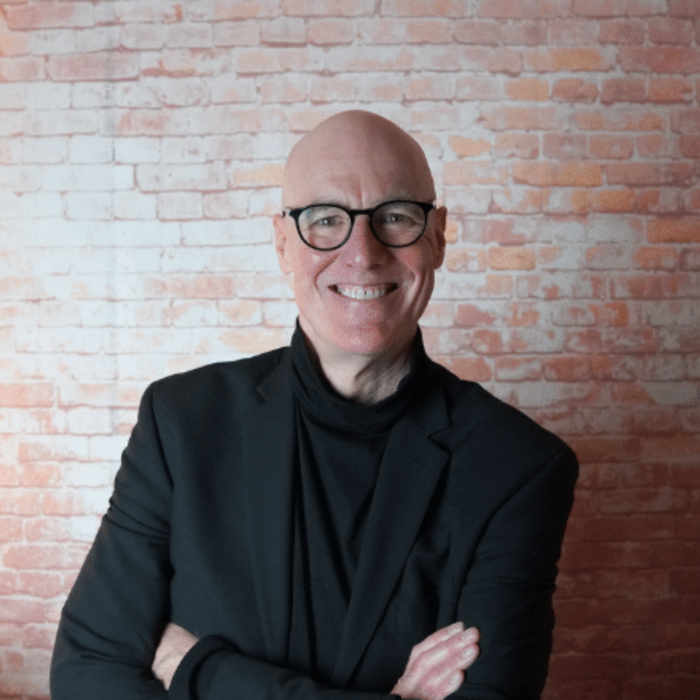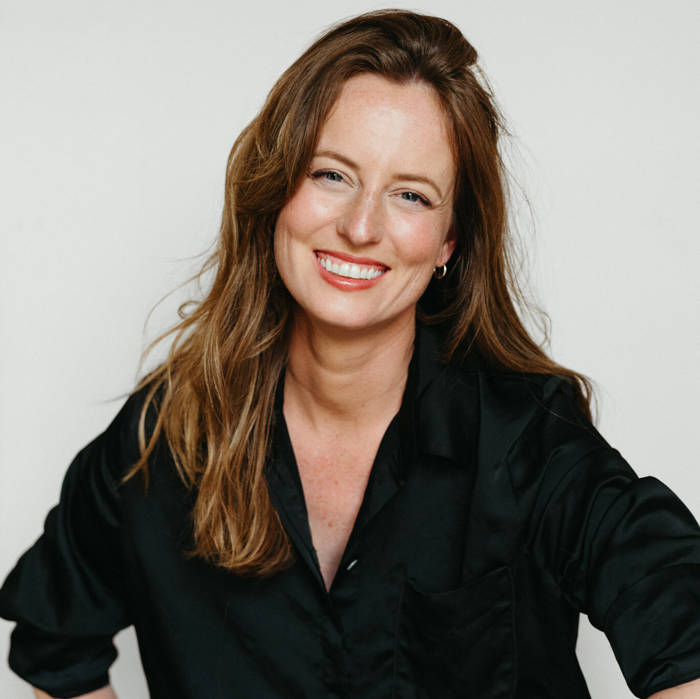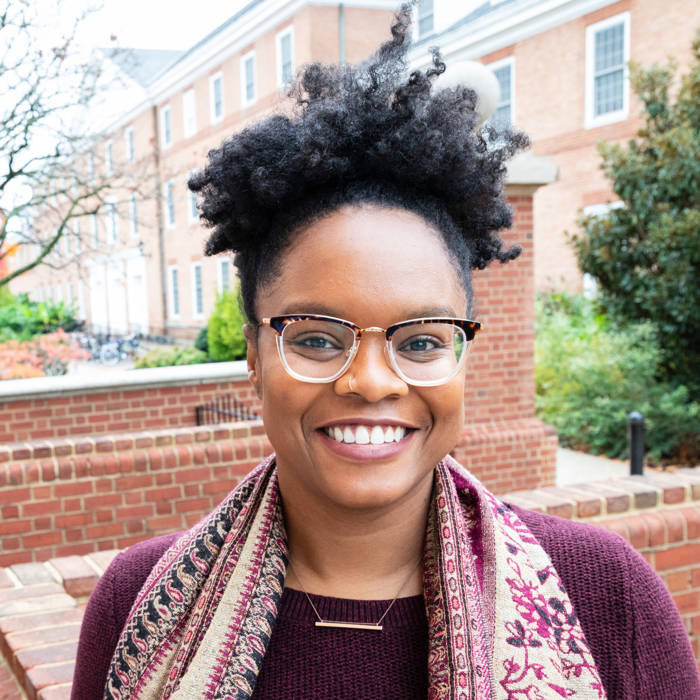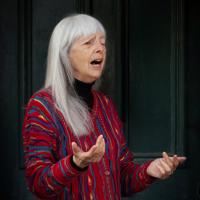If You Can Talk, You Can Sing
Tuesday 28th May 2024, 5:00 PM - 7:00 PM (London Time)
Frankie believes passionately that singing is our birthright. For thousands of years, our ancestors sang as naturally as they spoke. They sang to accompany everyday activities – at work, at play, at devotion and dance – and for their own pleasure. No one was excluded, so everyone’s skill and confidence developed naturally.
Some cultures do not even have a word for ‘singer’ as everyone sings, just as we do not have a word for ‘breather’! It’s only in the past couple of centuries that the notion that there are people who can’t or shouldn’t sing has come about, largely in white Western European culture. This elitist idea has impacted on millions of people, who have been told they are non-singers, have unacceptable voices or are ‘tone-deaf’. They have therefore never had the chance to experience the stepping stones that have traditionally encouraged people to sing - in the same way as they learned to talk. Hence they have been robbed of one of the essential forms of human expression.
To quote the Institute of Education, we now know 'music is hard-wired into us', and that it is criticism and judgment as a child that has robbed many people of their innate musicality. As voice practitioners and singing teachers, how can we help to unlock this innate capacity for those people?
Since 1975, Frankie has developed a teaching approach that provides stepping stones, with permission and encouragement, for people to explore confidence in their voices and self-belief in their musicality. She has used this in contexts including community groups, hospitals, theatre companies and schools, as well as at the National Theatre Studio, London, for over 20 years, and she has presented at international voice conferences in Europe, North America and Australia.
She uses the body and imagination to invite people to be curious and adventurous in exploring their voices in a non-judgemental atmosphere, without the need to "get it right”. The aim is to tap into the joy, strength and energy of singing with others, and to find a range of colour and expression in each of our voices.
Frankie Armstrong
Frankie Armstrong has has been singing professionally since 1964. In 1975, she began her pioneering voice workshops based on ethnic styles of singing, where singing is as natural as speaking.

Attend this course for as little as £22 as part of the Voice Professional Training CPD Award Scheme.
Learn MoreSorry, this is an archived short course...
We have plenty of upcoming short courses coming soon. See details of some of them below or look at the full list of short courses.

Tuesday 22nd July 2025
5:00 PM - 7:00 PM
Tuesday 29th July 2025
5:00 PM - 7:00 PM
Tuesday 5th August 2025
5:00 PM - 7:00 PM
Tuesday 12th August 2025
5:00 PM - 7:00 PM
Tuesday 19th August 2025
5:00 PM - 7:00 PM
Tuesday 26th August 2025
5:00 PM - 7:00 PM
(London Time)
Certificated Public Speaking Coach qualification - with John Henny

John Henny
Would you like to be a certified public speaking coach? Join the renowned John Henny for this exciting new online course! This six-week online certification course is designed to equip voice teachers with the specialised skills needed to work with public speakers, corporate trainers, educators, and presenters. Unlike a general public speaking course, this program is specifically tailored to train-the-trainer, giving voice professionals structured methodologies, coaching techniques, and applied skills to enhance vocal delivery, confidence, and influence in professional speakers.

Thursday 24th July 2025
5:00 PM - 6:00 PM
(London Time)
Transitioning From Soprano To Mezzo-Soprano - Pedagogical Approaches!

Dr Caitlin Moore
This workshop will explore the considerations for transitioning from soprano to mezzo-soprano. We will examine the history and vocal science related to voice classification as well as interviews with singers and voice teachers. Interviews feature singers who have experienced this Fach change themselves, as well as voice teachers who have helped singers navigate this shift.


Tuesday 29th July 2025
5:00 PM - 7:00 PM
(London Time)
Towards a Jazz Pedagogy: Lessons from Legends and Educators!

Dr Autumn Griffin
Join Dr Autumn Griffin as she explores the foundational tenets of jazz pedagogy as both a conceptual and practical framework for teaching, in this two-hour workshop. Drawing from her research in “Towards a Jazz Pedagogy: Learning with and from Jazz Greats and Great Educators,” she’ll investigate how jazz (its historical and cultural legacy, structure, improvisation, and relationality) can be mobilized to inform dynamic, liberatory educational practice!
